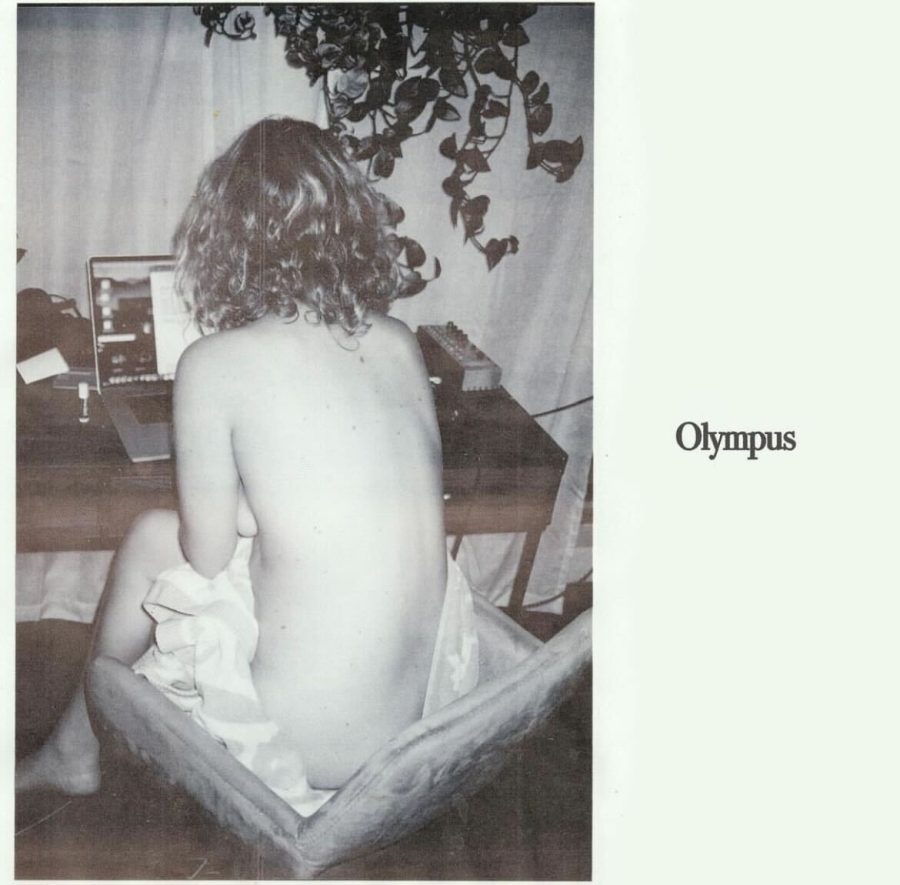Indie artist Blondshell talks ACL debut, vulnerability in songwriting
October 16, 2022
On Friday, rising indie singer-songwriter Blondshell made her ACL debut. Following her performance, The Daily Texan sat down with the Los Angeles-based artist to discuss her grunge influences, vulnerability in live performances and the choice to share personal works with public audiences.
The Daily Texan: Yesterday, you posted a playlist to your Instagram story called “Hard day easier.” What songs do you use to get hyped up before a show, and are there any specific songs you used to prepare yourself for ACL?
Blondshell: Today, I woke up a little late and warmed up. I don’t think I listened to anything before the show, and I’ve never done that. But, it was nice because (I am) so used to hearing music all the time, so when it’s missing for a morning and an afternoon, and then you hear it again, it feels even better.
DT: You mentioned that while you were making your album, you listened to a lot of grunge. What’s your connection to grunge music, and why do you think you connect with grunge at this point in your life?
B: That was the first type of music that I heard. (It) feels like home for me, so it has a really nostalgic thing for me. It’s also the thing I most honestly connect to; I just think the chord progressions and melodies feel most natural to me. Grunge feels like, ‘I’m not going to do this thing where I’m becoming somebody else as a performer.’ You’re just being yourself, and you’re allowed to have the biggest emotion possible. In a way, that’s very authentic.
DT: In an interview with SPIN, you mentioned that “Kiss City” is your most vulnerable song. How did you make the decision to share a song so vulnerable to you with an audience instead of keeping it to yourself?
B: I wanted to keep a lot of the songs for myself. I started writing all these songs like “Kiss City”, “Sepsis” and “Olympus.” I was sort of like, “These are just going to be for me. I’m not going to put them out, so I have the freedom to say whatever I want.” Slowly, I was kind of proud of them. I would show my friends, then one or two of my friends were like, “Why wouldn’t you want this out?” If you’re putting (a song) out online, you just press a button, but if you’re playing a show and singing it — that’s a different thing. Now, I’m used to singing new songs.
DT: When performing more personal, vulnerable songs, how is performing for a live audience different than performing in a studio? B: I had a teacher when I was younger who told me the emotion you bring to a song doesn’t have to be what it was when you wrote the song. If I’m singing about getting my heart broken, that’s not necessarily what I emotionally bring to that song every day. I’m going to show up if I’m pissed off, if I’m in a really playful mood, whatever (it is). I try to bring that to the performance.



